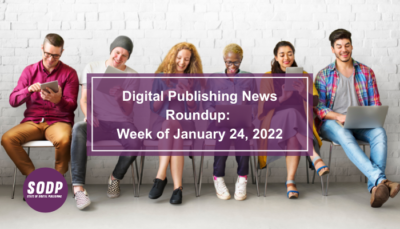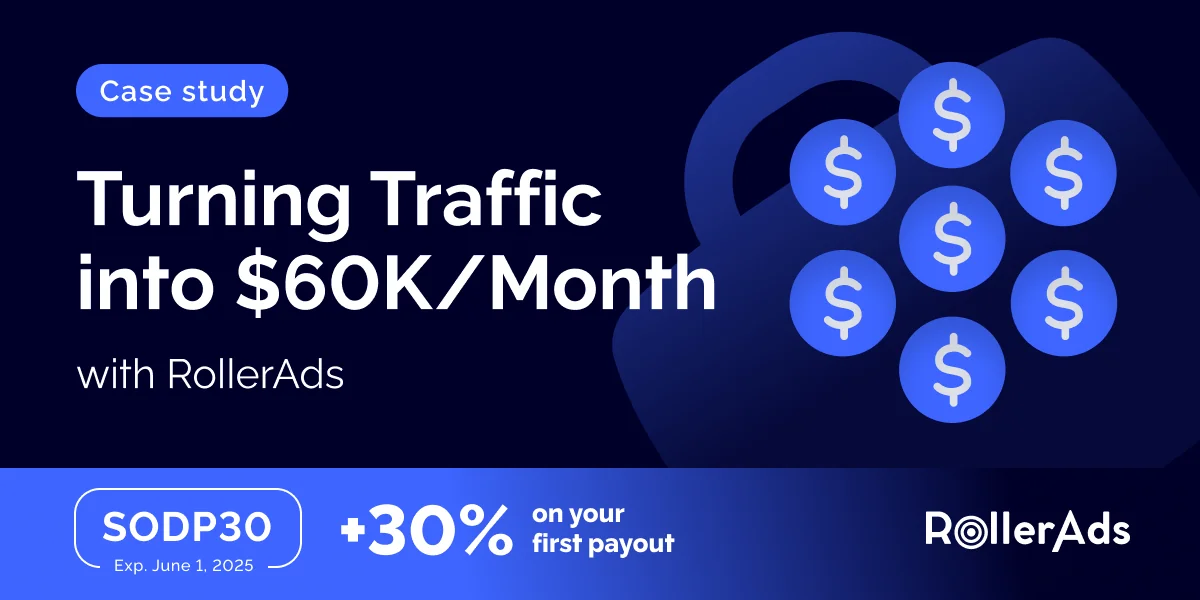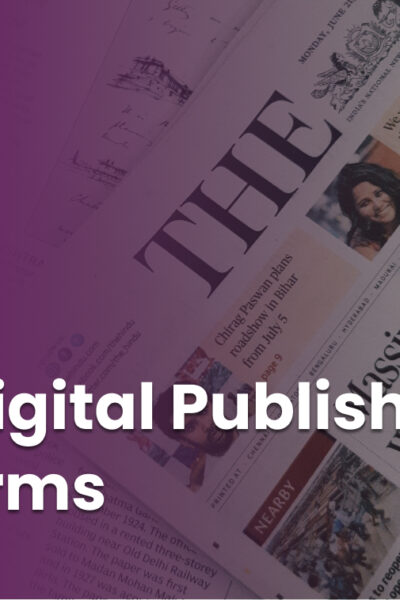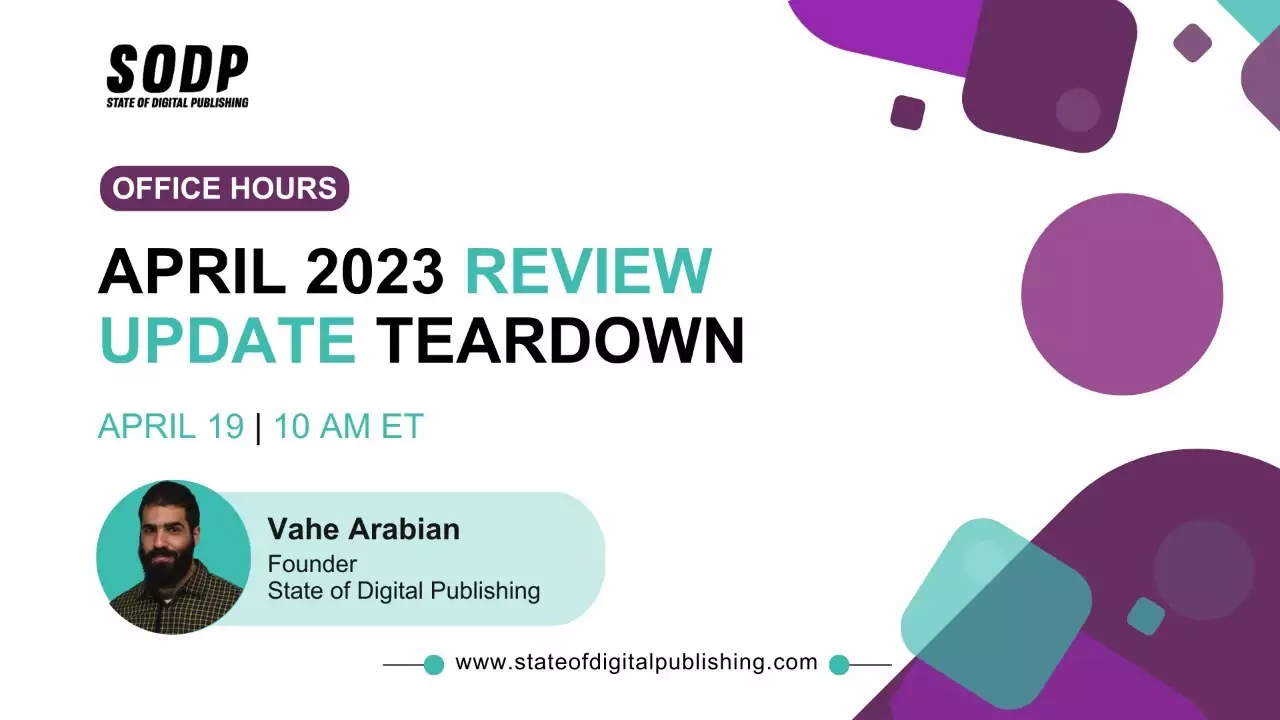What’s been happening in the world of digital publishing over the last week? Here’s your weekly round-up of news, announcements, product launches, and more.
SEO
Timeline for bringing page experience ranking to desktop
Google announced: “We’ll begin using page experience as part of our desktop ranking systems beginning in February 2022. The rollout will be complete by the end of March 2022. This ranking launch will be based on the same page experience signals that we rolled out for mobile earlier this year. We are also planning to help site owners understand how their desktop pages are performing with regards to page experience using a Search Console report which will launch before desktop becomes a ranking signal.” Read more
Social media
Instagram rolls out a new profile banner to display users’ upcoming live streams
Instagram is introducing a new profile banner that will display a user’s upcoming livestreams, the company announced on Wednesday. Instagram head Adam Mosseri detailed the new feature in a video published to his social media profiles and noted that users can now display a badge on their profile to let others know that they have a livestream coming up. Once the banner is up, followers can subscribe to get reminded about the livestream. Read more
Why it matters: As the author explains: “Instagram’s Live feature has become a key part of the app, especially for creators on the platform who use the tool as a way to directly engage with their followers. The company has been fine-tuning the feature to take on competitors like Clubhouse, Facebook and TikTok.”
Audience growth and engagement
Most popular news apps in December: Apple News wins UK top spot
The Apple News app narrowly beat BBC News to take the spot of most popular news app in the UK in December, according to data from Ipsos iris.
The iPhone maker’s news app was used by 13.2m people – 27% of all internet users aged over 15 in the UK, the figures from UKOM endorsed Ipsos iris show. The BBC News app was accessed by 12.5m people (25% reach).
The BBC however came out on top for total minutes spent with its news app with its audience spending a collective 2.2bn minutes accessing its content during the month – almost twice as much as Apple News (1.2bn minutes). Read more
Why it matters: As the research uncovers, “On the whole average engagement time per person was much higher for news apps linked to single brands (166 minutes) compared to apps that aggregated news (85 minutes) which is unsurprising given that the audience of single-brand apps is likely to consist of readers loyal to that title.”
Coming off big digital subscription growth, Hearst Newspapers plan a new data and product hub for 2022
Hearst Newspapers are kicking off the new year with plans for a shared development hub, hiring 12 product and data specialists and another eight interactive graphic artists. The company says that it’s the single largest digital expansion ever for the newspaper group.
If Hearst is feeling expansive, senior vice president Jeff Johnson explained in a Zoom interview, there’s a reason: The company closed the year with more than 300,000 paid digital-only subscriptions, an increase of 100,000 or 50% from the year before. It is targeting 100,000 more this year. Read more
Why it matters: As the author points out, “Rapid digital subscription growth, admittedly achieved with a lot of deep discounting, seems to have become the norm. Deep newsroom cuts appear to have eased except after hedge-fund takeovers.”
Monetization
Substack adding video to lure new creators
Substack plans to launch a native video player in an effort to lure new creators to the platform, a spokesperson confirmed to Axios. The new native video embed will allow Substack creators to upload or record a video onto a Substack post directly. (In the past, creators had to embed videos from other sites like YouTube in their newsletters or blog posts.). Read more
Why it matters: As per Sara Fischer’s commentary, “It’s the company’s latest expansion into a new format. Last year Substack funded the launch of its first-ever podcast network on its platform. In August, it announced investments in comic book creators.”
Big tech
Google kills off FLoC, replaces it with Topics
FLoC (Federated Learning of Cohorts), Google’s controversial project for replacing cookies for interest-based advertising by instead grouping users into groups of users with comparable interests, is dead. In its place, Google announced a new proposal: Topics.
The idea here is that your browser will learn about your interests as you move around the web. It’ll keep data for the last three weeks of your browsing history and as of now, Google is restricting the number of topics to 300, with plans to extend this over time. Google notes that these topics will not include any sensitive categories like gender or race. Read more
Why it matters: As the article points out: “For advertisers, Topics is only one potential signal to decide which ad to show to a given user. In some ways, it just becomes another signal for them that can be augmented with data about the article a user is currently reading, for example, or other contextual data about the user.”
Meta pauses new users from joining analytics tool CrowdTangle
Content from our partners
Facebook’s parent company Meta Platforms Inc has paused new users from joining its social media tracking tool CrowdTangle due to staffing constraints.
Meta, which disbanded the CrowdTangle team last year, has been under pressure to provide greater transparency into its platforms.
The tool is used by organizations and individuals to follow, analyze and report on public content available on Facebook, Instagram and Reddit. Read more
Google’s Privacy Sandbox targeted by fresh EU antitrust complaint
German publishers are the latest to band together to try to derail or at least delay Google’s “Privacy Sandbox” plan to end support for tracking cookies in Chrome via a complaint to the European Commission. Read more
Why it matters: As the article points out: “The regulatory attention to Privacy Sandbox has already contributed to delay the implementation timeline by up to a year, as Google said last summer that the switch would not now happen until the second half of 2023 vs an earlier announcement, in January 2020, when it said it wanted to make the shift “within two years”.”












